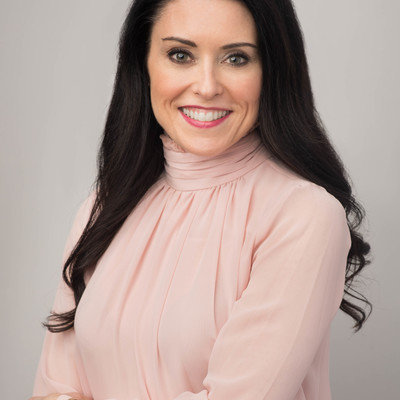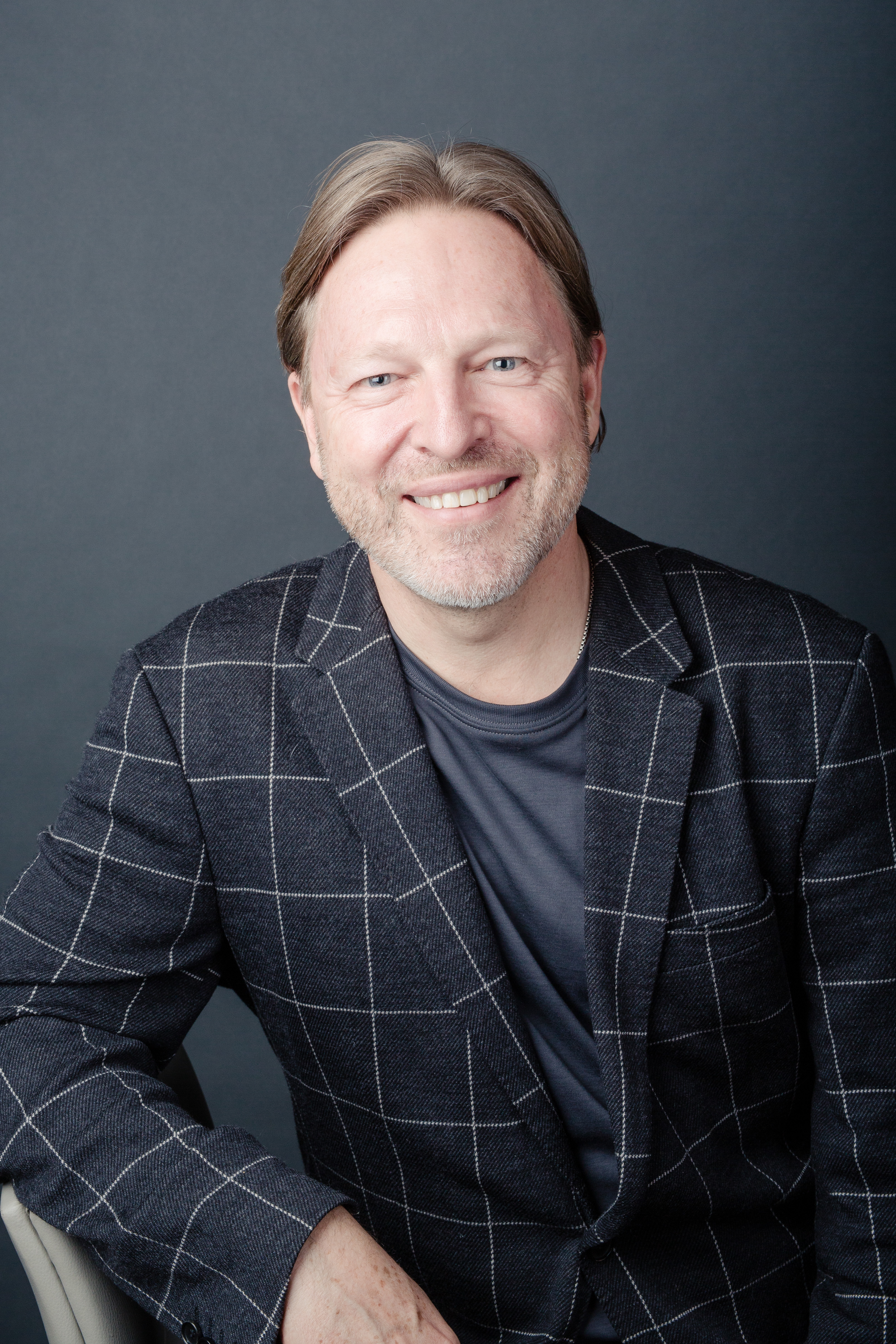One benefit of self-publishing is I can keep my book fresh. We update Scaling Up every six months. I have control of it. No one else is controlling my destiny. I get to keep control of my IP completely. And I can use the book as a real strategic tool to both grow its readership and support my business.
As part of my interview series on the five things you need to know to become a great author, I had the pleasure of interviewing Verne Harnish.
With a passion for helping organizations scale up, Verne Harnish is founder of the world-renowned Entrepreneurs Organization (EO) with 14,000 members worldwide; author of three bestselling books including Scaling up: Rockefeller Habits 2.0; and founder of Scaling Up, a global education and coaching firm with over 150 partners on six continents. A private investor in various scaleups, he enjoys tennis, piano, and magic as a card-carrying member of the International Brotherhood of Magicians.
Can you share a story about what brought you to this particular career path?
I grew up around entrepreneurs with my grandparents owning companies and my dad co-launching a successful firm, which ultimately blew up in the 1973 recession, wreaking havoc on his and our family’s lives. I’ve been dedicated ever since to preventing this from happening to other business leaders around the globe.
Can you share the most interesting story that occurred to you in the course of your career?
Like father, like son. I scaled my business rapidly and then almost lost it following the 9.11 attack on the World Trade Centers. Luckily, I was able to embrace one of our core values “practice what we preach” and have both survived and thrived ever since. But you clearly learn as much or more from adversity as you do good times.
Can you share a story about the funniest mistake you made when you were first starting?
I didn’t realize I was “growing broke.” It was the late 90s. I was doubling the size of the company every year — and dutifully losing money, which was what you were supposed to do in the late 90s — in the process of raising $10M to do an acquisition. The smart money people kept telling me my gross margins were too lean. I thought I was smarter than them, until I wasn’t, and got my head handed to me right after 9.11. The lesson I learned — taking advice Bill Gates follows — is to keep one year’s worth of operating expenses in the bank so you can survive a rainy day. I also started obsessing on gross margins. Growing our gross margin dollars is more important to me than revenue. You can always generate revenue by giving your products/services away. What we teach is it’s much more important to go after “profit share” than market share.
What are some of the most interesting or exciting projects you are working on now?
What’s been quite rewarding is directing my own investment dollars. I am a private investor in scaleups, particularly focused on companies that are addressing major challenges around the globe — affordable housing via my investment in Barcelona Housing Systems led by one of Spain’s renowned architects Cesar Martinell; early childhood education through my support of an amazing entrepreneur Cynthia Kaye and her company Alive Studios, and the elimination from mother earth of traditional fertilizers through Holganix, founded by an early student of mine, Barrett Ersek. In addition, I’ve enjoyed being on the board and am currently vice chair of the nonprofit Riordon Clinic, which has become the Mayo Clinic of alternative health. It has saved the lives of thousands of people that traditional medicine has given up on. And I’m co-founder and chairman of the newly formed Panama-based Geoversity, which is educating leaders on nature’s way of scaling.
What is the one habit you believe contributed the most to you becoming a great writer?
I think I should be transparent about this — it’s working with some amazing ghostwriters, including Elaine Pofeldt, who helped me craft this interview response. I think it’s fun to surround myself with great writing partners, whether it was Brian Dumaine on my second book or Ellen Wojahn on my first book.
In addition, it’s been the absolutely painful but rewarding discipline to write my own my weekly blog every Thursday for almost two decades.
Can you share the most interesting story that you shared in your book?
I think it’s the Alan Rudy story that anchored “The Barriers” chapter.
There’s a joke among entrepreneurs: They would rather work 18 hours a day for themselves than 8 hours for someone else, but at some point it quits being a joke. Alan Rudy, who founded an eventually sold ExpressMed, was working 80-hour weeks and had just witnessed a fight in the parking lot among his employees, when we met. It was a great story of how we were able to reduce the time it took him to manage the business from 80 to 8, so he could go out and do the market-facing activities that were absolutely necessary if you want to scale profitably. He ultimately was able to scale the company and sell it, and then go out and help lots of other companies. I love the multiplier effect. We have so many of our clients, scaling a company successfully, who are then able to turn around and help others.
What is the main empowering lesson you want your readers to take away after finishing your book?
Leaders are readers. The only real constraint to scaling is between your ears! It’s the know-how that is critical. I love how Microsoft’s CEO shared that the key to their resurgence has been their pivot from a know-it-all culture to a learn-it-all culture.
As a recent McKinsey study has pointed out, there has been a fundamental shift around the globe from the competitive weapon being cheap labor to smart talent. Last century, it was a muscle race, organizing the might and muscle of countries to go to war. Now it’s all about learning. Whoever can learn fastest wins. It’s why it takes a village of thought leaders to scale a company. More than 40 significant business authors and experts are highlighted throughout the book, which includes an extensive reading list.
If it was easy to scale, more than 3% of companies would do it. It’s rare. We have 11,000 startups every hour in the world. We’re not hurting for new companies. But scaling requires real dedication to learning. It’s why Mark Cuban has had a habit, since his 20s, of reading three hours every day.
What was the biggest challenge you faced in your journey to becoming a bestselling author? How did you overcome it?
Resisting the lure of the traditional publishing world was the biggest challenge. Writers think they need a big-name publisher and that’s going to bring credibility. My view is unless it’s Harvard Business Publishing, it doesn’t matter. Traditional publishers are not your friend. Here’s why. For 99% of authors, including business authors, the publisher counts on you being the main customer. They are going to sell you your own book for a gazillion dollars. By self-publishing, I’m able to get a 276-page, 4-color book for around $2. And therefore I’ve been free to prime the pump and give away tens of thousands of copies that have given me the 10x ability to sell hundreds of thousands. I’ve sold close to three-quarters of a million books between my three books. And I’m not in the big corporate marketspace. I’m selling to the smallest sliver of the business market, which are scaleups.
One benefit of self-publishing is I can keep my book fresh. We update Scaling Up every six months. I have control of it. No one else is controlling my destiny. I get to keep control of my IP completely. And I can use the book as a real strategic tool to both grow its readership and support my business.
Which literature do you draw inspiration from?
That’s changed recently. It really came from an insight I got from Jim Collins about Peter Drucker. Peter Drucker really loved to read great fiction as opposed to business books. He was right that great fiction gives you brilliant insight into human nature. The big thing we’ve been teaching lately is none of us sell to companies. We sell to people. The reality is “people are not logical; they are psychological.” This is why leaders tend to get both pricing and compensation wrong, two of the most important decisions they need to make in running a business. Both require a deep understanding of human psychology.
How do you think your writing makes an impact in the world?
I will let Elaine, who is helping me write this piece, answer that. She’s interviewed hundreds of the tens of thousands of clients we’ve served over the past 37 years.
Elaine: I don’t want to get corny but when interviewing those touched by Verne’s work, I’m always struck by how Verne and his coaching organization have not only helped people run their businesses better but also to get focused on what really matters in their life, beyond making money. It’s easy to lose touch with your center as a human being when you’re scaling a business. He really keeps entrepreneurs grounded and focused on the important things, like their family, their community and giving back.
What advice would you give to someone considering becoming an author like you?
The only thing is I wish I’d done is write a book 10 years sooner. My third book — and some might disagree — is better than my second and better than the first. My advice is just do it. And obsess about the title. That’s a great lesson from Tim Ferriss of 4-Hour fame. Figure out which two words you want to own and get them in the title. I’ve ended up owning Rockefeller Habits and Scaling Up. They’ve become good brands for me.
And the cover has got to look great, too. You need to realize that in most cases no one is going to read the book. Put most of your effort into the title and the look of the cover if you want to build brand. Seriously.
What are your “5 things I wish someone told me when I first started”?
See above — self publish, have a great title, own two words. In addition, you need your equivalent of the Nike swish. Eric Ries had the coffee stain on the cover of his book. Tim Ferriss had the palm tree. Adding a symbol was a conscious effort on my third book. That’s why we really obsessed on what became the S curve, our symbol. And finally, apply for awards. Scaling Up has won 8 international awards and you would be surprised how few authors go after these honors.
You are a person of great influence. If you could start a movement that would bring the most amount of good to the most amount of people, what would that be?
I’d like to think we’re doing it and it’s the scaleup movement. Depending on whose statistics you read, a majority of the job and innovation growth since the Great Recession has not come from the Fortune 500 or startups but from this very thin sliver of scaleups. They are the economic and innovation engines of our cities, countries and global economy. We’re on a mission over the next 10 years to create scaleup ecosystems in 150 of the major cities around the globe that already have robust startup ecosystems.
Thank you so much for this. This was very inspiring!


